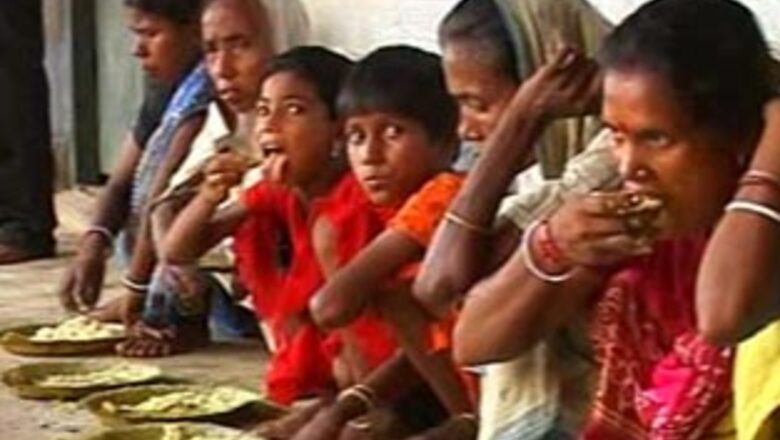
views
Lalgarh / Kolkata: The government office in Lalgarh, where cooked food is supposed to be distributed to displaced villagers, wears a deserted look.
Even as a humanitarian crisis unfolds with villagers caught in the showdown between security troops and Maoists, the government has put relief operations on hold because a day after it started relief distribution, the state has run out of stock.
Tribals have now resorted to running their own relief camps like the one in Aamdanga inside the Lalgarh administration's no entry zone. It provides meals once a day, every afternoon.
The villagers are an angry lot as they allege that they were beaten up by security forces when they went to the relief camps for food. “The government wants us to cooperate with them in this current war but they beat us up when we go to ask for food. Why should we go to this government?” a resident of Lalgarh Ashok Mahato asked.
But despite the anger the presence of the District Magistrate of West Midnapore, Narayan Swaroop Nigam, created some excitement among the locals. “People here are in extreme distress. We'll make the relief operations more effective from tomorrow,” Nigam promised.
And even as the Maoists continue to strike despite Operation Lalgarh, the Bengal government is not ready to ban the Maoists.
“There is a strong opinion among Left parties that we need to have a three-way approach. It should be holistic. Merely banning the Maoists is not enough. We need political programs to isolate them, to look at socio-economic activities and to enhance tribals' standard of living,” West Bengal Chief Minister Buddhadeb Bhattacharjee said.
Bhattacharjee's three-tier prescription to combat the Maoists is indeed the need of the hour but the irony is that it took the government 32 years, numerous political killings, a paramilitary flush out operation, and an extremely sorry state of tribal conditions in Bengal to realise the truth.
(With inputs from Sukarno Sen)




















Comments
0 comment